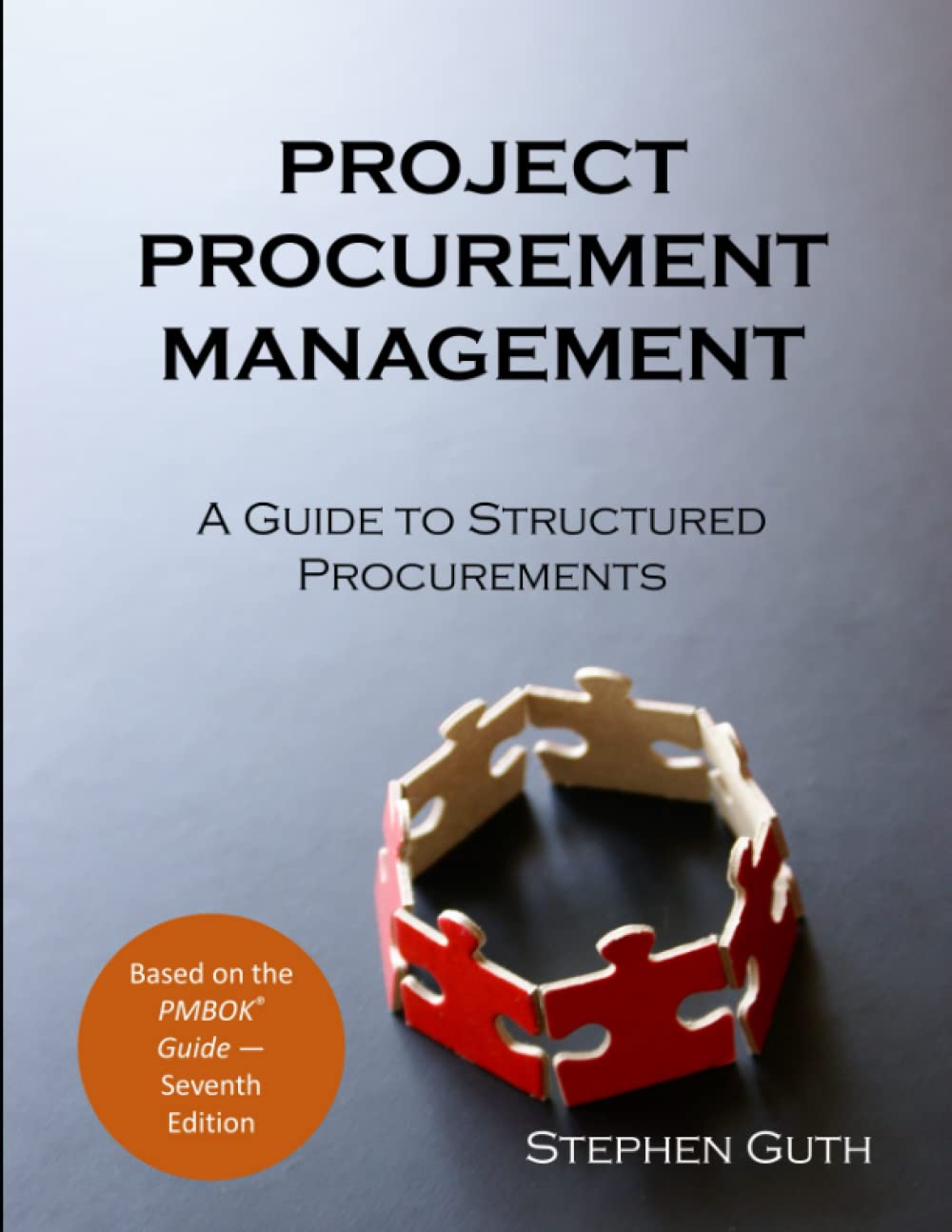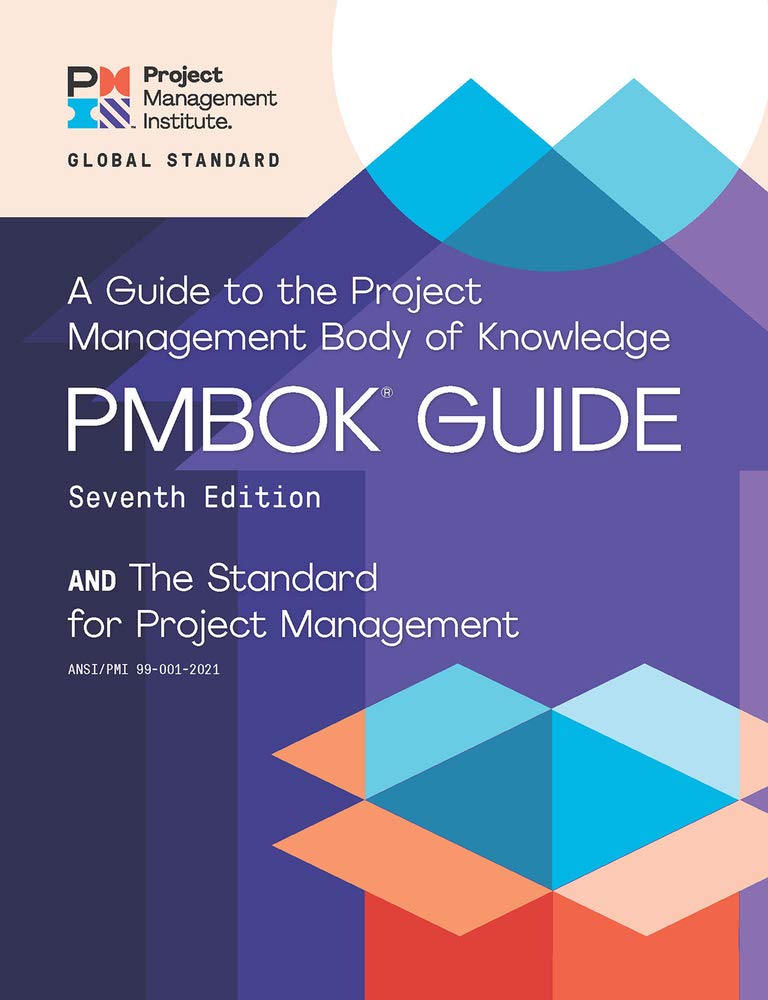
Request for Information
What is Request for Information (RFI)?
A Request for Information (RFI) is a formal process used in project management to gather preliminary data from potential vendors, contractors, or stakeholders. It helps project teams better understand available solutions, market capabilities, or technical options before making decisions. An RFI is typically issued early in the procurement process, often before a Request for Proposal (RFP) or a Request for Quotation (RFQ) is issued. It allows organizations to explore possibilities without committing to a specific product, service, or provider.
An RFI document outlines the requested information, the project’s context, and the deadlines for responses. While it is not legally binding, it serves as a foundation for future procurement actions by helping project teams assess the landscape and identify potential partners.
Key Points
- A Request for Information is a non-binding document used to collect data and insights from external sources.
- It is often the first step in the procurement process and precedes other formal requests, such as RFPs or RFQs.
- The goal of an RFI is to clarify options, understand market capabilities, and reduce project risk.
- RFIs help project teams make informed decisions based on objective, comparative data.
- Responses to RFIs provide valuable input but do not guarantee a business relationship.
Related Terms
- The Request for Proposal process builds on the information gathered during an RFI to solicit formal bids for products or services.
- A Request for Quotation is typically issued after an RFI to obtain specific price estimates based on a defined scope of work.
- Procurement Management involves overseeing the full cycle of acquiring goods and services, including issuing RFIs.
- Stakeholder Analysis may influence the content of an RFI by identifying who needs what information and why.
- A Feasibility Study can be supported by RFI results, especially when assessing new markets or technologies.
Request for Information: Example
A municipal government plans to launch a new waste management system. Before deciding on vendors or technologies, the project team issues an RFI to explore available solutions. Vendors respond with details about their capabilities, technologies, and past projects. The government reviews the responses to understand industry trends and narrow down viable approaches before moving forward with a formal RFP.
Request for Information: Best Practices
- Define the objectives of the RFI clearly to ensure that responses are focused and provide helpful information.
- Ask open-ended questions to encourage detailed answers and innovative ideas.
- Establish clear timelines and response formats to streamline the evaluation process.
- Avoid making promises or implying a future contract to maintain a neutral stance.
- Review all responses systematically to extract insights that support informed decision-making.
Additional Resources
Preparing for a PMI certification?
- Exam Prep Courses: PMP®, CAPM®, and PMI-ACP®
- Exam Simulators: PMP®, CAPM®, PMI-ACP®, PMI-PBA®, PMI-RMP®, PMI-SP®, PgMP®, and PfMP®
- Professional Development Units (PDUs): 15, 30, and 60 PDU Bundles




